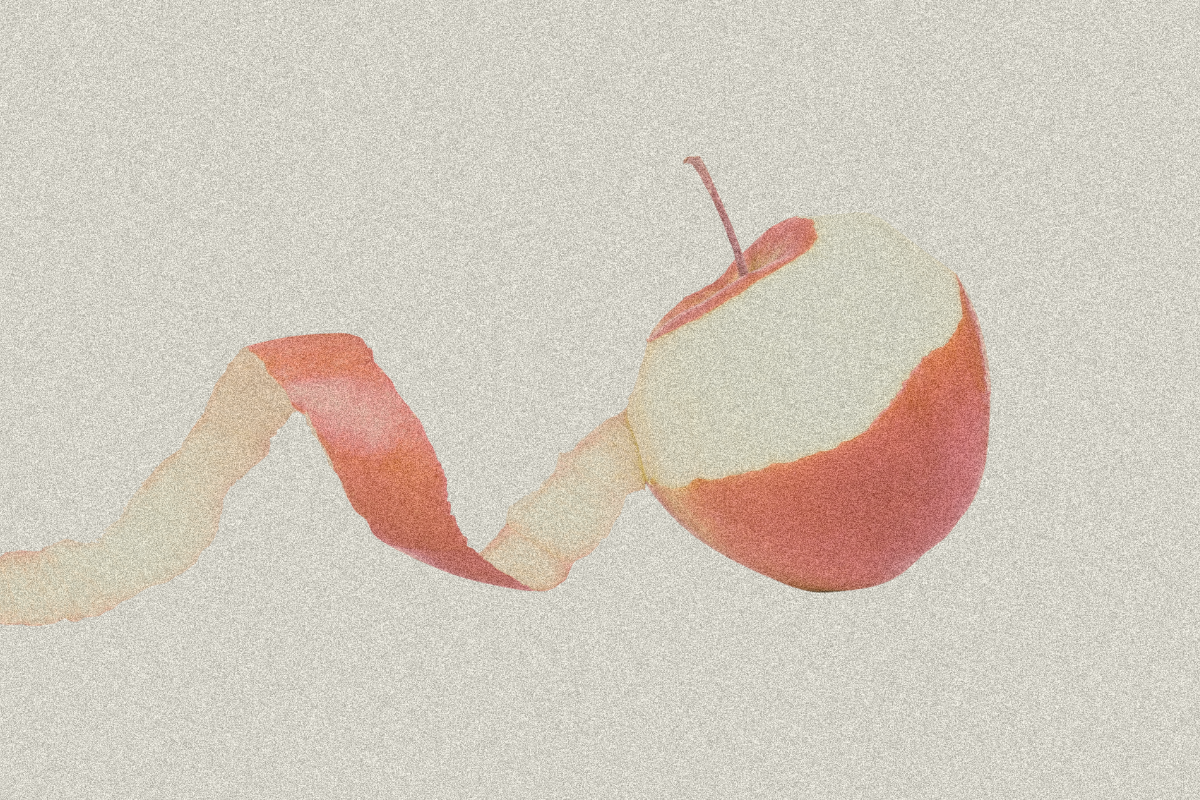Shabbat Gathering: Dreamcatchers.

Gud Shabbos Khaveyrim, as is our custom, we will gather tonight at 5.45p ct to welcome Shabbat. These are the coordinates:
Zoom
Meeting ID: 883 8469 4181
Password: 822665
Phone: +1 312 626 6799
(To unsubscribe from the newsletter, click the link at the very bottom of this email.)
Shabbat Gathering Next Week.
Next Friday night is Shaarei Shamayim's Chanukah party and I intend to attend. If someone else would like to organize that night's gathering (help distribute parts and move things along) let me know.
Many hands make light work!
The CSS Chanukah party is Friday, December 20, 5.00p and the synagogue Needs Volunteers to make the party a success. Just because you're volunteering doesn't mean you won't have fun, in fact, you might have even more fun. Please, think about it and then sign up here!
https://www.signupgenius.com/go/60B0F48A5A82E5-52657370-csschanukah#/
It's a mitzvah!
Here we go.
“We are such stuff / As dreams are made on, and our little life / Is rounded with a sleep.”
— Prospero, The Tempest, Shakespeare.
For a very long time, I've wondered what dreams are and where they come from. I have some dreams that have recurred during most of my lifetime, from when I was a small boy. Why? Do dreams mean something or are they just random? Is there a way to interpret dreams? Does Judaism offer us any special insight into dreams?
We are in the month of Kislev, and according to For Times Such as These, Kislev is a month for dreaming.
“Kislev is understood as a powerful month for dreaming. Longer nights, with hopefully more sleep, give our unconscious a larger canvas on which to paint. Most of the Torah portions that reference dreams, and the power of dreams as divine conduit, are read in Kislev—nine out of ten. This interplay between the Torah and the season is an invitation to notice our dreams, and to dream with intentionality. As we tunnel deeper into winter, as we slow down and bundle up in the Northern Hemisphere, Kislev can be a time to send up sparks of imagination. The fall was for harvesting, and now, the winter is a time to draw sustenance from the abundance of our emotional and physical, individual and collective storerooms, to dream and to scheme.”
Perhaps the most famous "dreamy" figure in Torah is Joseph. First, when Joseph was still living at home, he had a dream that so inflamed his brothers they sold him into bondage. Later, when Joseph was in an Egyptian dudgeon, he interprets Pharoah’s dreams and in return for performing this service, he is freed and, eventuality, elevated to an exalted position in Pharoah’s court.
I guess we learn from Torah is that dreams are a tricky business and it might be best to be careful. But I wish there was someone I could turn to to interpret my dreams or even just tell me what dreams are made of because I’m fascinated.
And may it be for all of us a blessing.
See you tonight!
Gud Shabbes!
All my love,
brian.
PS
Fast Facts About Dreaming.
I make sure I read anything that I come across about dreams. Back in July, the NYTimes ran a quiz to test the reader’s knowledge of the nature of dreams, How Much Do You Know About Your Dreams? (I’m sorry, but a subscription is required to read that story.) Here are some fast facts from the quiz.
- The most common dream is about falling
- We dream every night
- We spend about 2 hrs a night dreaming
- Less than 10% of our dreams are erotic
- Men are more likely than women to dream about natural disasters and insects [!?!]
- We can dream that we have woken up from a dream
- It is very common to dream about our teeth falling out but no one knows what that means
- It is possible to be aware that we're dreaming and to influence our dreams
Nefesh Mountain.
This was recommended by Lisi, and I'm so happy she shared this with me just as I'm happy to share it with you.
Each loaf of challah at Stalzy's Deli is a labor of love
Patience and practice are keys to making a perfect loaf of this traditional Jewish braided bread.










-30-









